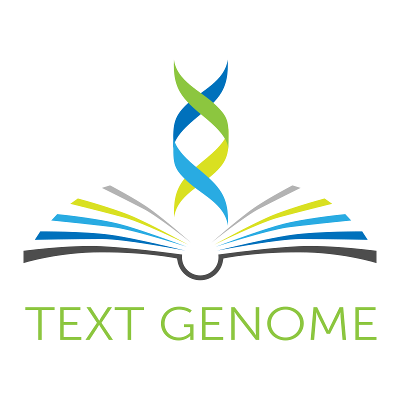

Our goal is to help kids love reading by using books, articles and passages that match their individual interests, vocabulary and world knowledge. Once kids love to read they read more and become proficient readers and thus great learners.
There are two major problems holding kids back from reaching their full potential.
Kids who do not read proficiently in each grade do poorly in English and other subjects like Math, Science and Social Studies because they don’t understand the material. They get frustrated, fall further behind in each grade and often drop out. Their math abilities might have been fine, but when they can’t read the math problem it’s hard to get the right answer.
Researcher John Carroll and others have shown that vocabulary knowledge is the single greatest predictor of educational and career success.
Ideally, every kid should read books that:
To help kids love reading we will personalize the selection of books kids read in order to intelligently build their vocabulary and knowledge.
Help everyone become proficient readers at their grade level, especially those who have fallen behind:
We implemented a research-based systematic approach to help kids learn the words they need to know as well as the system of language — word families, concept networks — in which words are used. This is timely given the new expectations for students and teachers from the CCSS and new SAT assessments for vocabulary and comprehension.
| Old SAT (focus on rare words) | New SAT (focus on word meanings and usage) |
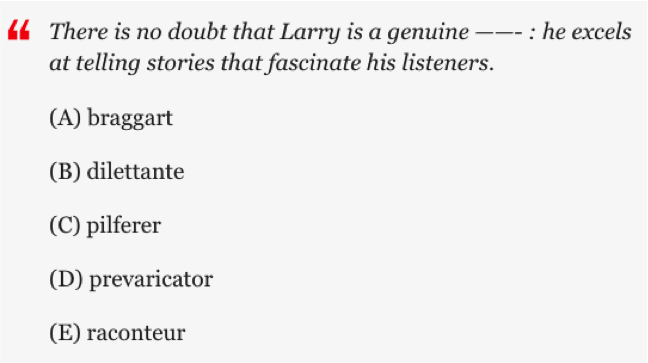 |
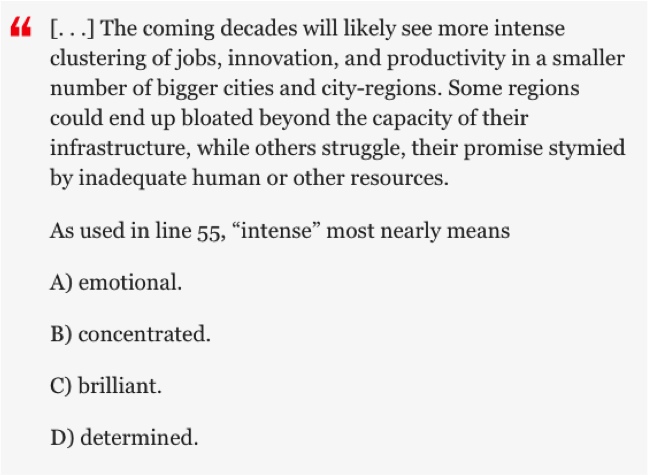 |
Key Vocabulary Map for Charlotte’s Web (Chapter 1), one of the most read third grade books:

Topics from Charlotte’s Web, by chapters:
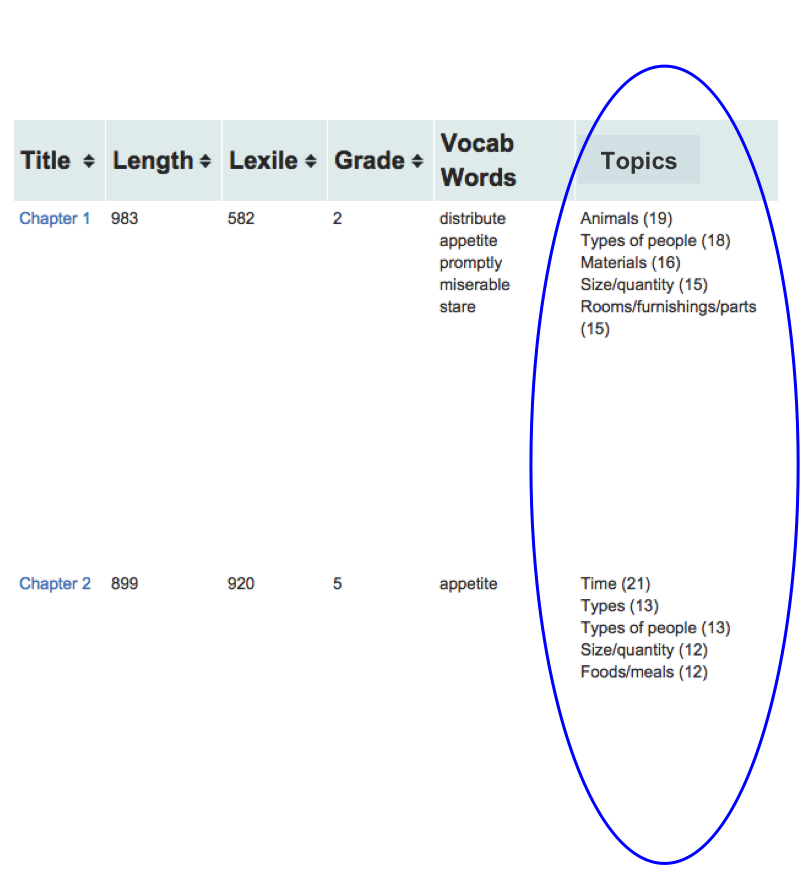
Key word families in Charlotte’s Web, Chapter 1:
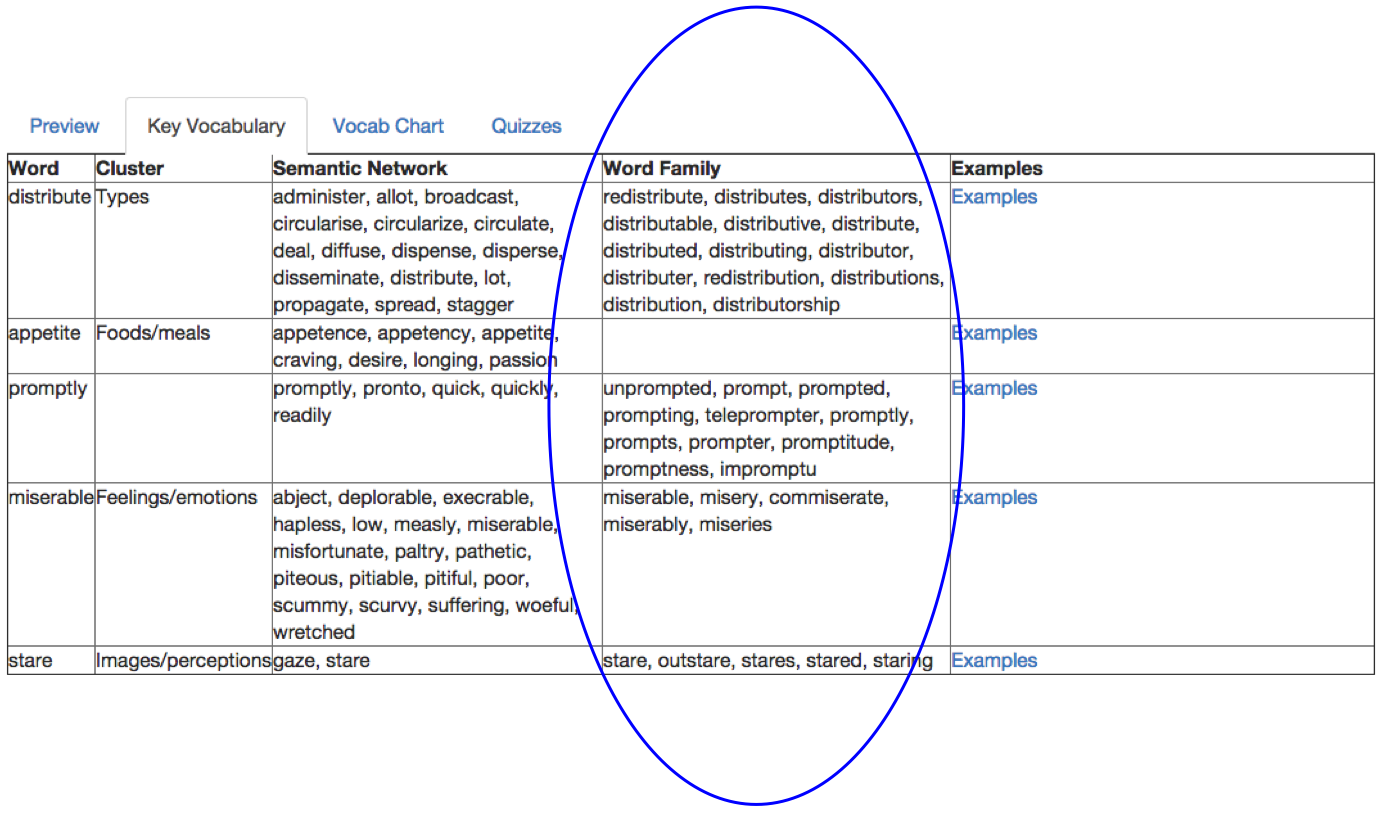
Quizzes for key vocabulary in Charlotte’s Web, Chapter 1:
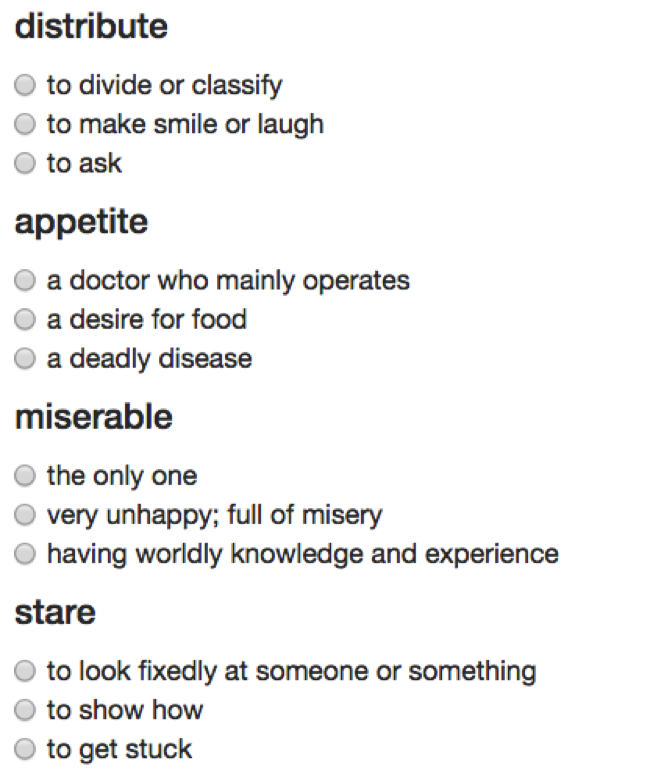
Cloze tests for key vocabulary in Charlotte’s Web, Chapter 1:
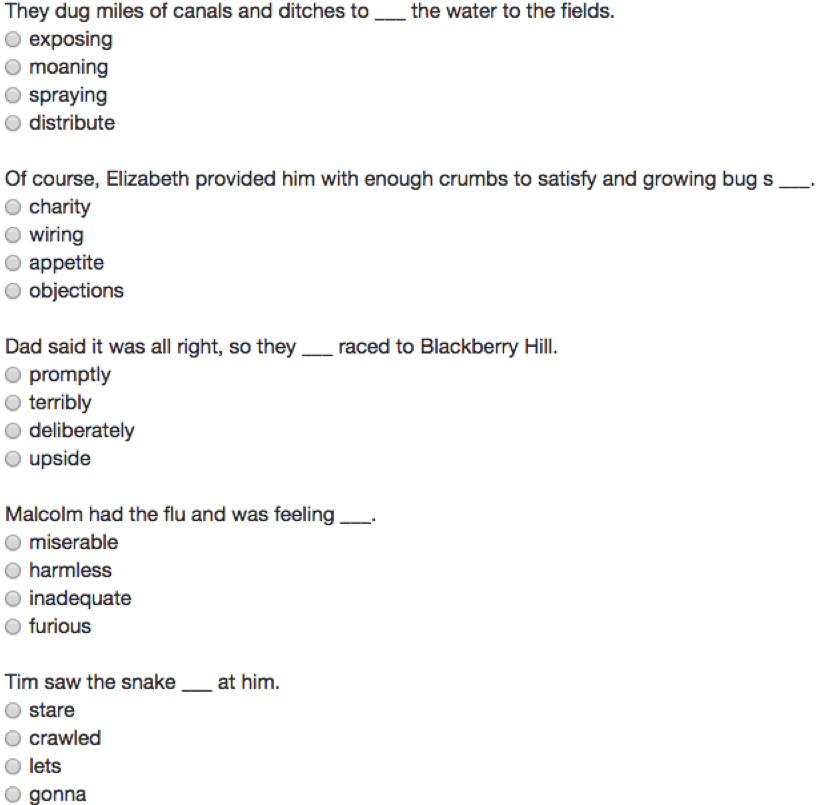

Elfrieda “Freddy” Hiebert (Ph.D., University of Wisconsin) has had a long career as a literacy educator, first as a teacher’s aide and teacher of primary-level students in California and, subsequently, as a teacher educator and researcher at the universities of Kentucky, Colorado-Boulder, Michigan, and California-Berkeley. Her research, which addresses how fluency, vocabulary, and knowledge can be fostered through appropriate texts, has been published in numerous scholarly journals and books. Through documents such as Becoming a Nation of Readers (Center for the Study of Reading, 1985) and Every Child a Reader (Center for the Improvement of Early Reading Achievement, 1999), she has contributed to making research accessible to educators. Hiebert’s contributions to research and practice have been recognized through awards such as the American Educational Research Association’s Research to Practice award (2013). Freddy is the President and CEO of TextProject.
Kirill Kireyev (Ph.D., Computer Science and Cognitive Science, University of Colorado) has extensive experience developing technologies at the intersection of artificial intelligence, linguistics, cognitive science and education, specifically with focus on personalized education technologies. Kirill is the founder of instaGrok, an interactive research engine for learners. He is also the technical architect of CatZilla Grading, an intelligent mathematics formative assessment engine. Prior to that Kirill worked in R&D for Pearson Education (Knowledge Technologies), working on several state-of-the-art education technologies in the areas: computational estimation of text complexity, computational estimation of expected vocabulary knowledge by learners of different levels, indentification of key vocabulary words in texts, personalized teaching of vocabulary words by presenting them in automatically-extracted context that illustrates the words' meaning, generating multiple-choice vocabulary tests and assessment of writing style and language proficiency. He has also worked on a number of other cutting-edge technologies for topic and sentiment analysis, question/intent detection, vocabulary/grammar/writing feedback and more for companies like Hapara, 30dB, Hylo, and more.


Michael P Carter (Ph.D., Stanford University) is an independent consultant specializing in strategy, design and development of learning solutions based on emerging technology, particularly when they involve games. He currently advises game projects in the US and Europe on rehabilitation for traumatic brain injury victims and international project management, and startups particularly focused on literacy and early learning. He directed education research in Apple’s advanced technology group, produced Oxford, Stanford and Yale’s online offerings to their alumni, and edited and published research on digital media and learning with the MIT Press. He has designed and produced games for kids and grownups about history, science, mathematics, storytelling, and ecology.
Alan has a deep interest in the future of education and learning, especially early literacy. Prior to co-founding Imagine K12 he worked at Google managing special projects such as strategic deal development and negotiation, internal cross-functional troubleshooting and managing tricky partners. He helped guide Google.org during its formation and made its initial set of grants. Prior to Google he played early roles in sales and business development at start-ups (at the time) Netscape, Infoseek, Shutterfly and Network Computing Devices, all of which went public, and Kontiki, which was acquired by VeriSign. In prior lives he was a science researcher and software engineer working on high speed parallel computing, radio astronomy and high energy physics at NASA/Jet Propulsion Lab and the California Institute of Technology; a software analyst for advanced aeronautics at Lockheed and Cray Research; and a systems engineer at Sun Microsystems. Alan has a B.A. in Physics from Occidental College.


Mike Smith (Ed.D, Harvard University) is one of the nation’s most respected education policymakers. His career includes significant contributions to academia, policymaking, educational research and evaluation, and he has authored and made contributions to seminal reports and studies on education. Smith’s areas of expertise include standards and assessments, educational research and evaluation, use of technology in education, and early childhood education. Dr. Smith is currently an education consultant, after having served as key advisor at the U.S. Department of Education during three administrations. Just before his most recent stint in Washington, Smith was program director for education at The William and Flora Hewlett Foundation in Menlo Park, Calif. Outside of government; he was at different times an associate professor at Harvard, a professor at the University of Wisconsin-Madison and Stanford University, and dean of Stanford’s school of education. A member of the National Academy of Education and former chairman of the board of the American Institutes of Research.